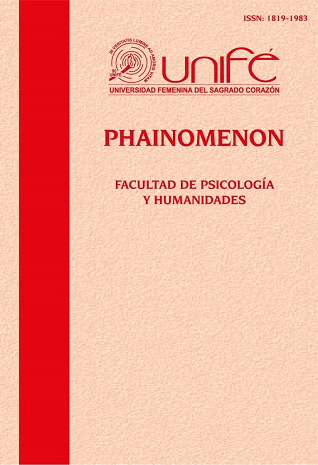Objectivity and rationality of the conception of religion in the philosophy of Immanuel Kant
DOI:
https://doi.org/10.33539/phai.v18i2.1742Keywords:
Experience, rationality, science, moral, religion.Abstract
Frecuently is often said in a presumed mode in Kant’s philosophy about metaphysics limits forgetting that they serve us especially for scientific knowledge. In this paper he intends to develop how the critique that exposes Kant to establish a trascendental metaphysics and the limits of science leads to a rationalization of moral and, then, of religion. First, based on the Critique of Pure Reason he examines the condition of possibility of all experience and knowledge. Second, the author examines the relationship between the trascendental apperception respect the unconditional ideas and the impossibility of its verification. Finally, he considers how to justify despite that, based on an analysis of the moral law, does not follow but a concept of a more rational religion.






